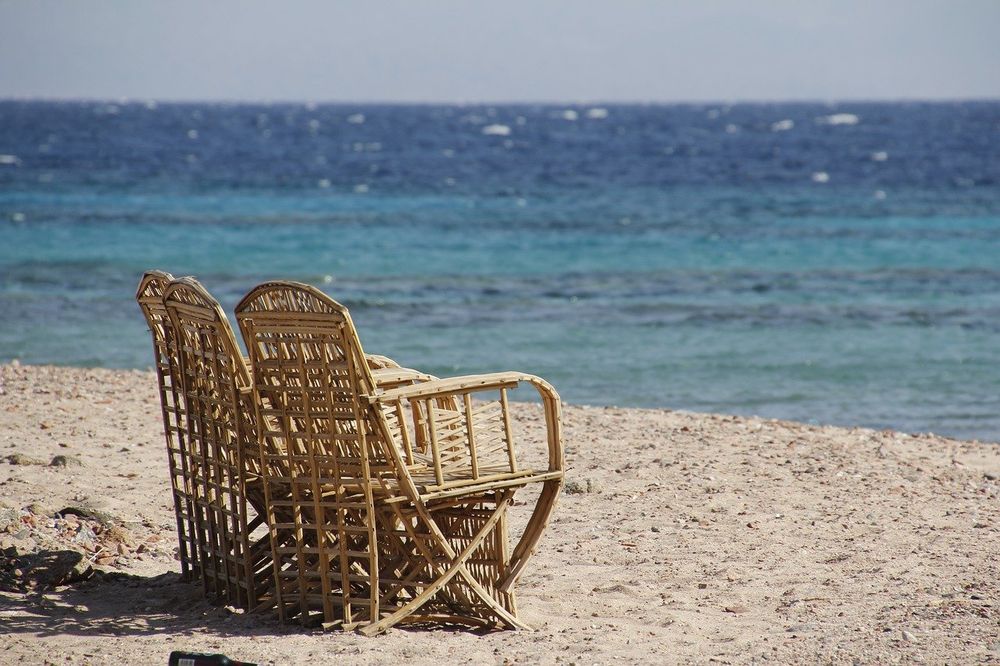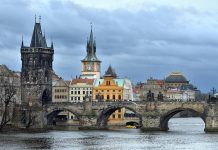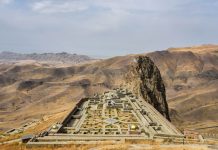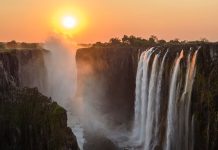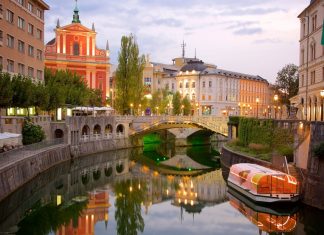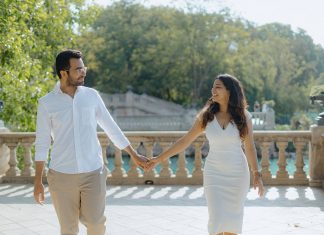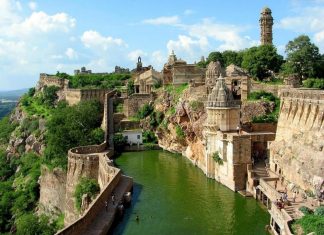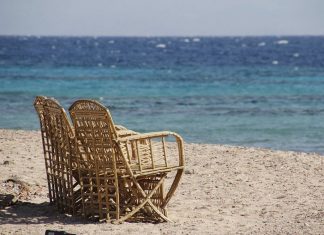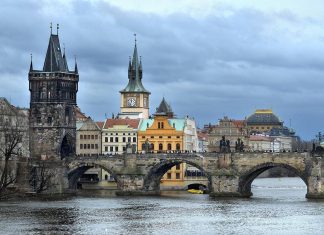Bhutan is a country nestled in the Himalayan mountain range. The mountainous geography and wide range of climatic conditions have shaped the people’s ways of life.
It is a unique country in that it has integrated Buddhism and secular government into a democratic theocracy. It is a country with deep traditions, with modern Bhutan having its roots in the 17th century.
The needs of its people have been met through their traditions and customs. Education traditionally has been based upon the needs of the people to:
Maintain their unique culture and lifestyle Develop skills which support the people in their daily lives Adhere to the teachings of Buddha.
Bhutan is the only country in the world to retain the Tantric form of Mahayana Buddhism (Drukpa Kagyu) as the official religion. The Buddhist faith has played and continues to play a fundamental role in the cultural, ethical and sociological development of Bhutan and its people. It permeates all strands of secular life, bringing with it a reverence for the land and its well being. Annual festivals (tsechus and dromches) are spiritual occasions in each district. They bring together the population and are dedicated to the Guru Rinpoche or other deities. Throughout Bhutan , stupas and chortens line the roadside commemorating places where Guru Rinpoche or another high Lama may have stopped to meditate. Prayer flags dot the hills, fluttering in the wind. They allow Bhutanese people to maintain constant communication with the heavens.
Trekking in Bhutan is a unique and wonderful experience! You will hike through deep forests, along rushing streams, through typical villages, across high mountain passes, and near rice paddy terraces, encountering blue sheep, a variety of birds, yaks and yak herders, takins, and monkeys.
Bhutan’ s official language is Dzongkha. Given the geographic isolation of many of Bhutan’ s highland villages, it is not surprising that a number of different dialects have survived. Bhutan has never had a rigid class system. Social and educational opportunities are not affected by rank or by birth. Bhutanese women enjoy equal rights with men in every respect. To keep the traditional culture alive Bhutanese people wear the traditional clothing that has been worn for centuries. Bhutanese men wear a’ gho,’a long robe tied around the waist by a belt. The women’s ankle length dress is called a kira, made from beautifully colored and finely woven fabrics with traditional patterns. Necklaces are fashioned from corals, pearls, turquoise, and the precious agate’ zee’stones which the Bhutanese call’ tears of the gods’.

